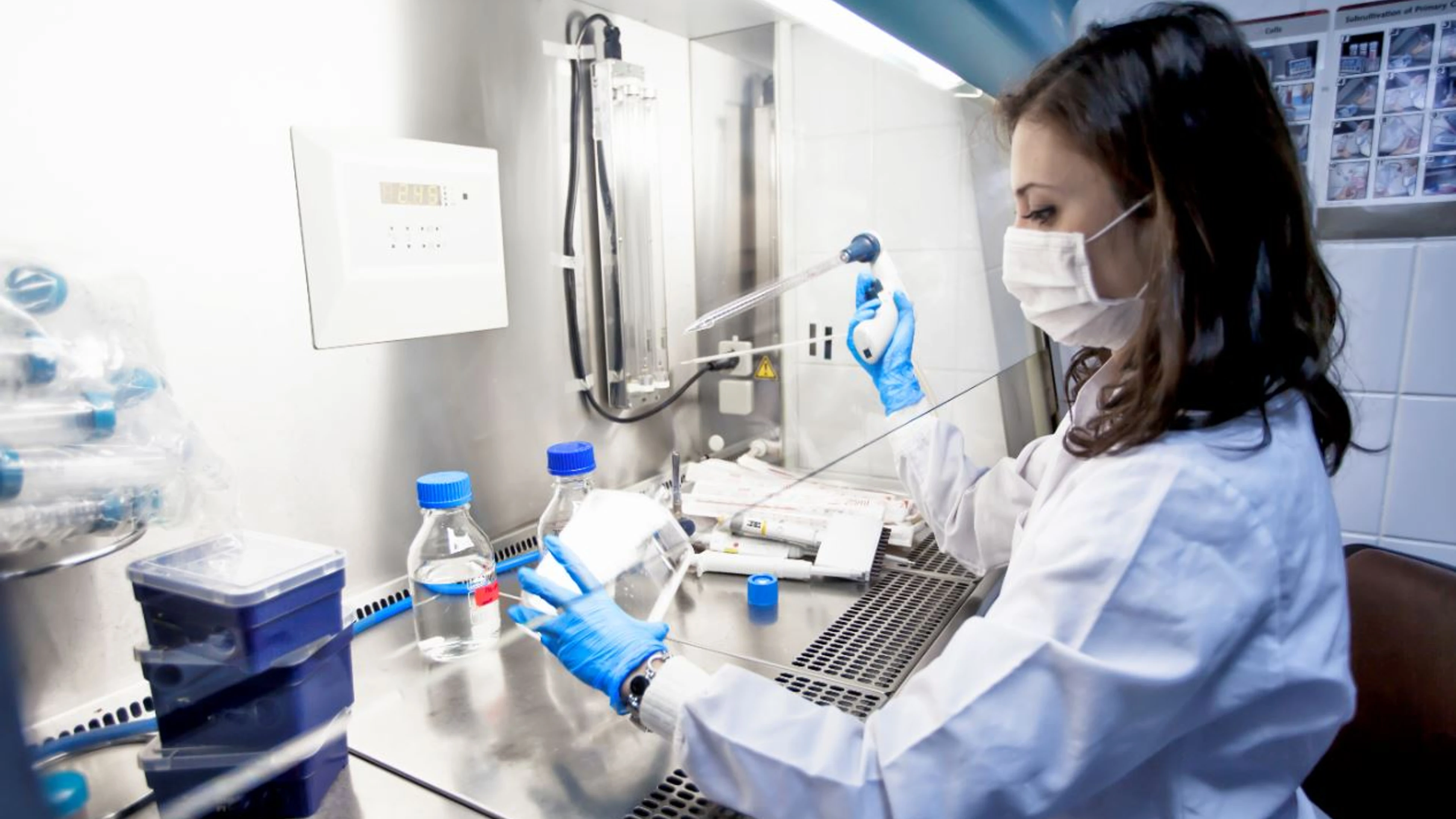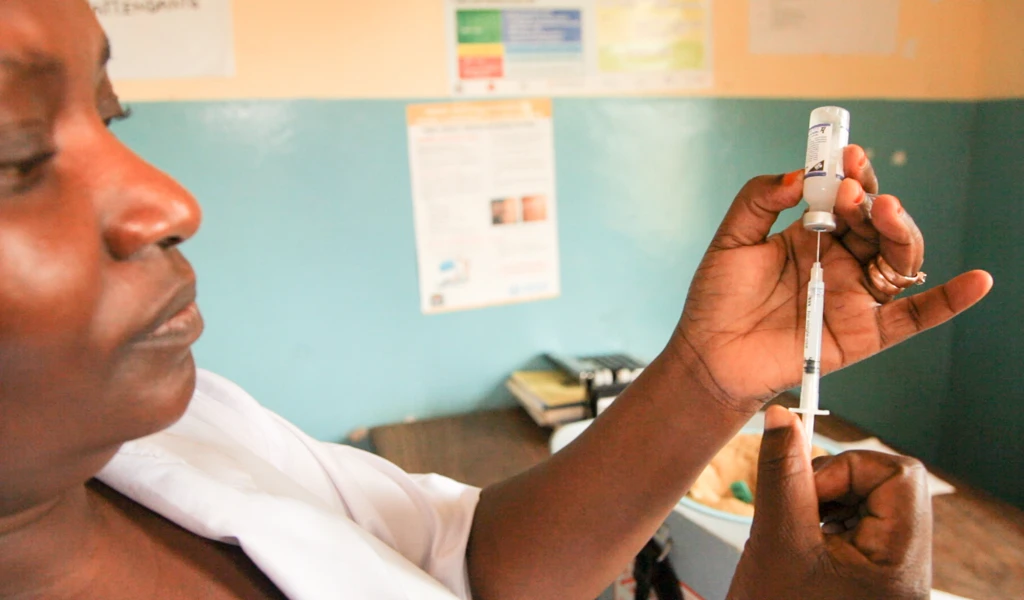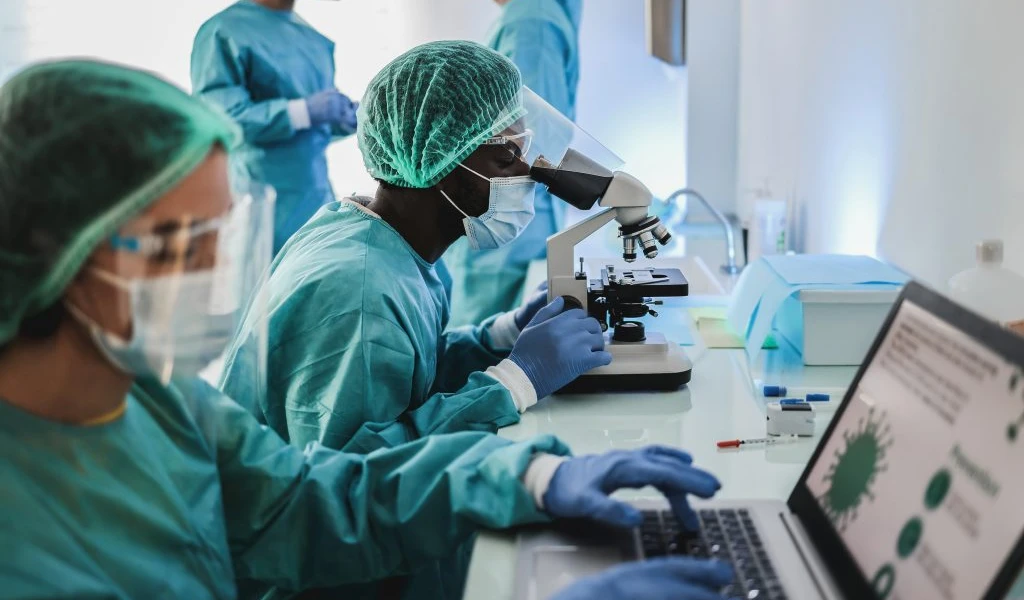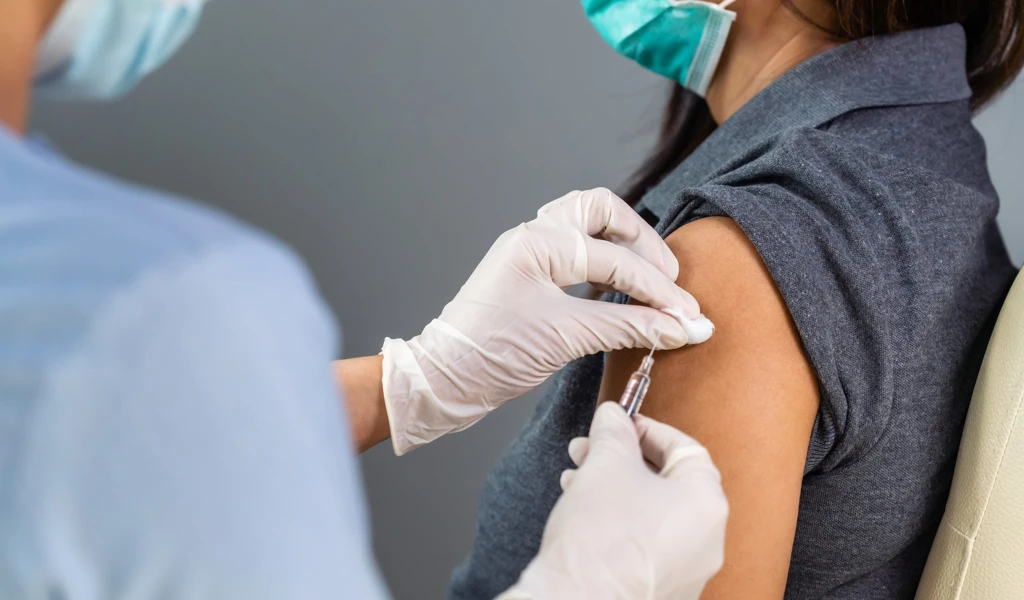Do we need to update our tools assessing COVID-19 vaccine performance to work against the novel variants?

Over the course of 2020, scientists and global health organisations— including CEPI, the National Institute of Biological Standards and Control (NIBSC) and the World Health Organization (WHO)—worked around the clock to create a COVID-19 International Antibody Standard, a tool used to measure whether the antibody immune response elicited in individuals who have received a COVID-19 vaccine candidate during clinical testing is comparable to (or better than) the levels achieved following SARS-CoV-2 infection.
The antibody standard was developed through a partnership with CEPI and the NIBSC from a pool of serum samples from patients who have been infected and recovered from COVID-19. It was designed to act as the ‘gold standard' to assess the results of clinical trial tests and work out whether the vaccine under evaluation is likely to be a good vaccine (inducing a sufficient immune response in vaccinated individuals).
In December 2020, the Antibody Standard was endorsed by WHO Expert Committee on Biological Standardization (ECBS) as the internationally set comparator tool. In support of our joint ongoing commitments to equitable access, it was made available to vaccine manufacturers, scientists, and regulators worldwide for accurate and harmonised assessment of their COVID-19 vaccine candidates. Through evaluating trial samples relative to a set reference point (the international standard), vaccine makers can have confidence in the immunogenicity levels produced by their vaccine candidates, while also allowing research groups to make comparisons between the different COVID-19 vaccines in development.
Vaccines vs. Variants
While scientific efforts within vaccine and antibody standard development have been unprecedented, the continuation of the pandemic has also meant that there is increased opportunity for the virus to mutate as more people have become infected. While all viruses mutate over time and the vast majority of changes to the virus's genetic code will have little impact, the emergence of SARS-CoV-2 variants, such as B.1.351 first identified in South Africa, B.1.1.7 first identified in the UK, and P1 first identified in Brazil, shows that at multiple points in time and locations, the virus has mutated in a way that gives it an increased ability to survive and spread, and these mutations may further increase in frequency.
Recent studies have shown that these variants can spread rapidly, reinfect people who have already been diagnosed with COVID-19 infection, and partially evade vaccine immunity. As a result, scientists and global health organisations, including CEPI, have rapidly worked on reformulations of their vaccine candidates to make sure that they are ‘variant-proof'.
In addition to the redevelopment of vaccines targeting emerging variants, this could also mean that we need to update our current tests measuring the performance of potential COVID-19 vaccine candidates. This could include the COVID-19 WHO International Antibody Standard as there is the potential that it may no longer be able to provide an accurate comparison on the body's immune response to SARS-CoV-2 variants.
To assess whether replacement comparator tools are needed, we need more data to work out whether the level of immune protection elicited following infection with a COVID-19 variant differs to that of the original virus isolate.
The role of COVID-19 survivor antibodies in creating new vaccine tools
CEPI is providing $200,000 in funding to support the NIBSC's new effort looking for partners to source serum or plasma from recovered patients infected with SARS-CoV-2 variants of concern.
Collected with informed consent, the serum material will be used to create additional working antibody standards targeting the novel variants. Such material will be measured alongside the WHO-endorsed International Antibody Standard in different labs to assess whether a replacement should be needed. In addition to providing financial support, CEPI's Biostandards & Assays Team is also assisting with the design and implementation of the programme.
In this rapidly evolving crisis, we need to ensure that we have up-to-date tools that can assess whether vaccine candidates currently in development or already available as part of the global rollout are still as protective against emerging SARS-CoV-2 variants.
These reference points allow vaccine makers to advance their research and can also provide the critical data to support regulatory decisions.
The NIBSC's initial outreach, which will run on a rolling basis throughout 2021, is focused on the collection of B.1.1.7, B.1.351 and P1 variant serum collection and are particularly keen to hear from research laboratories with secure access to samples of P.1 variant serum for testing. We will also seek partners that would be able to support collection of other emerging variant-specific serum/plasma.
The NIBSC is already part of CEPI's Centralised Laboratory Network to harmonise evaluation of the immune responses generated by multiple COVID-19 vaccine candidates undergoing preclinical and clinical testing. Open to all COVID-19 vaccine developers around the world (both CEPI-supported and other COVID-19 vaccine developers), the network aims to standardise the evaluation process and minimise variation in results that can otherwise occur from individual laboratory assessments using different tests and techniques to carry out their assessments. The Centralised Laboratory Network is working on setting up tests to assess variants and the new working standards may be used here.
In addition to COVID-19, CEPI is working with the NIBSC on the development of International Antibody Standards for our other priority diseases — Lassa fever, Nipah, Rift Valley fever and MERS, with the latter endorsed by the WHO Expert Committee last October.


